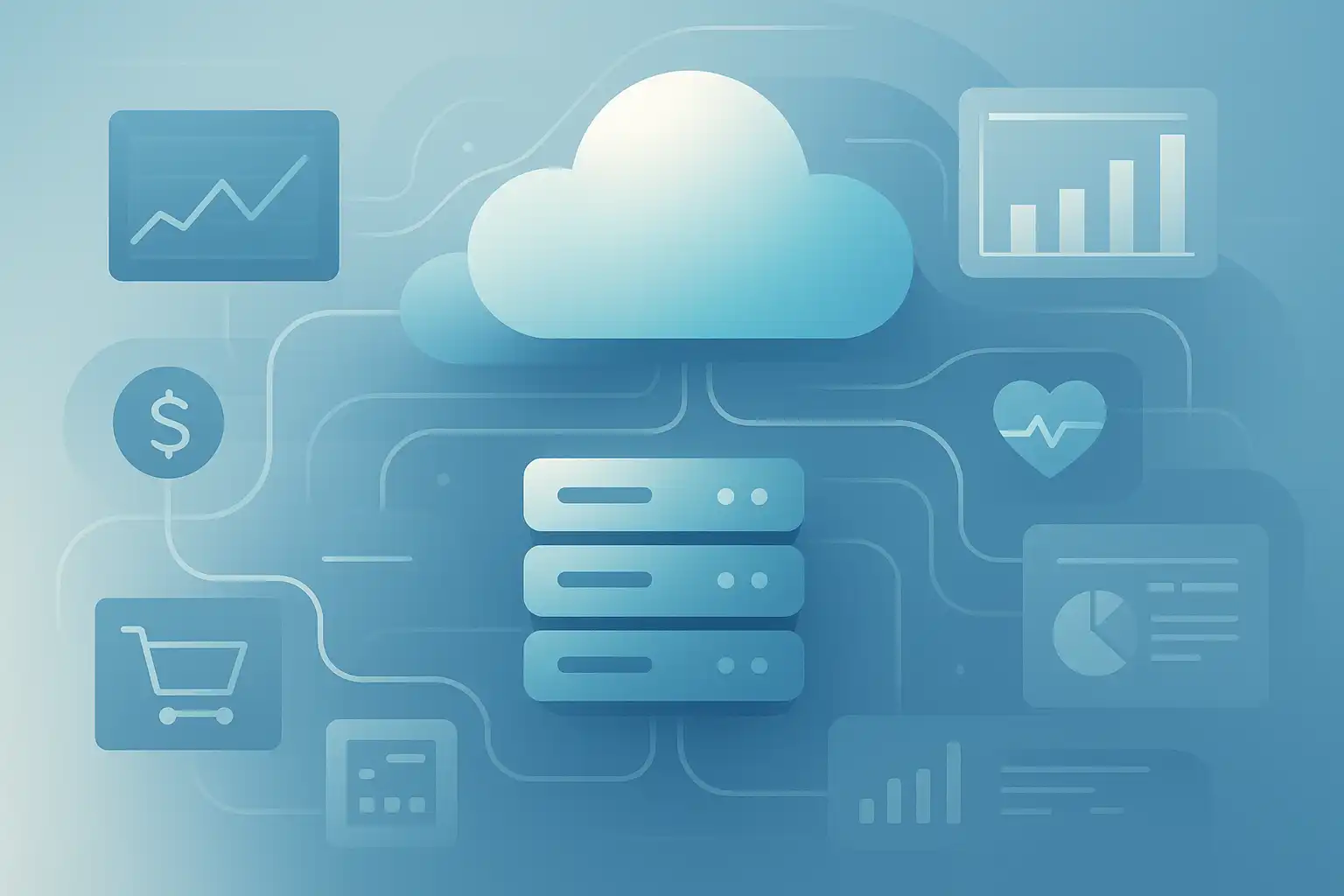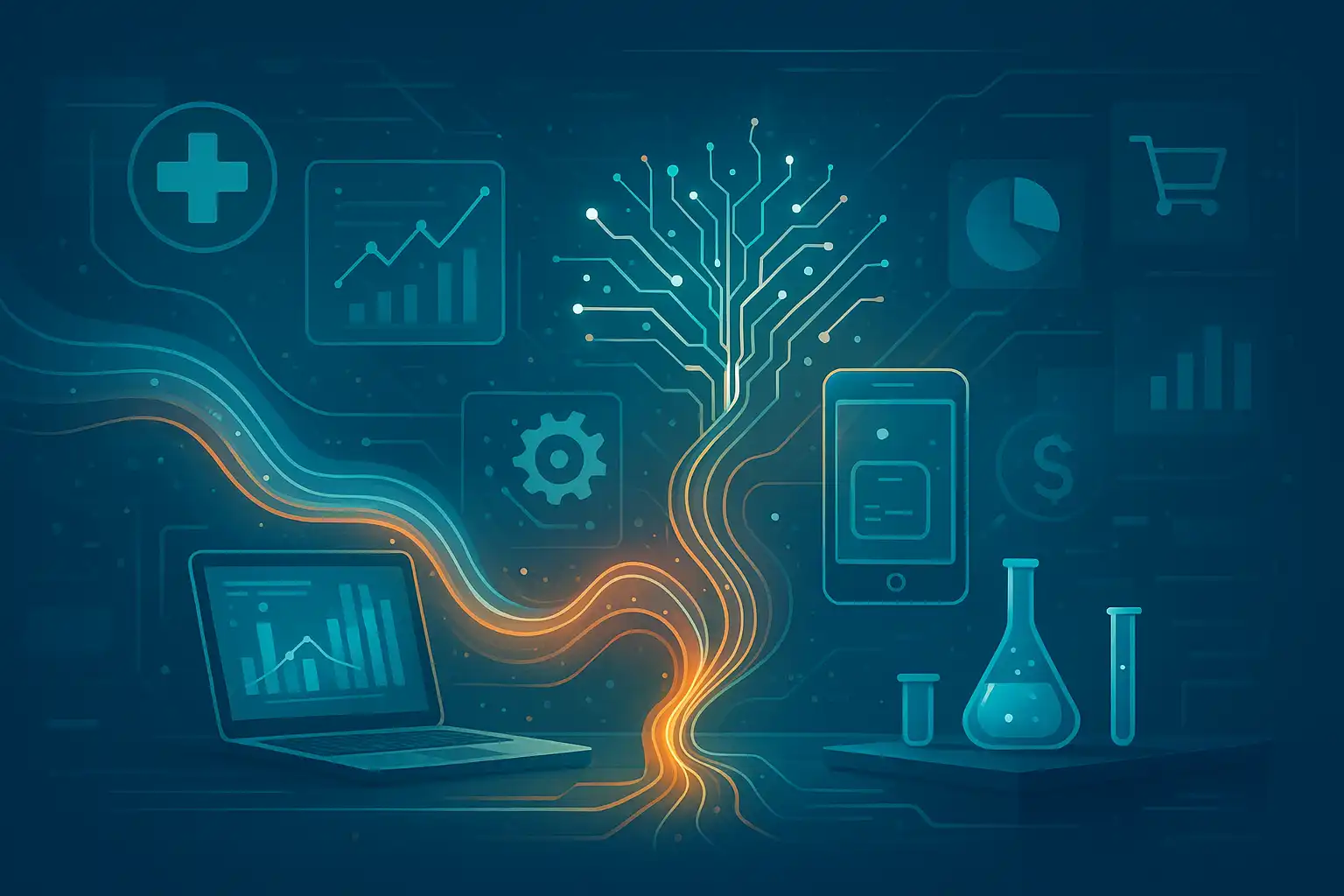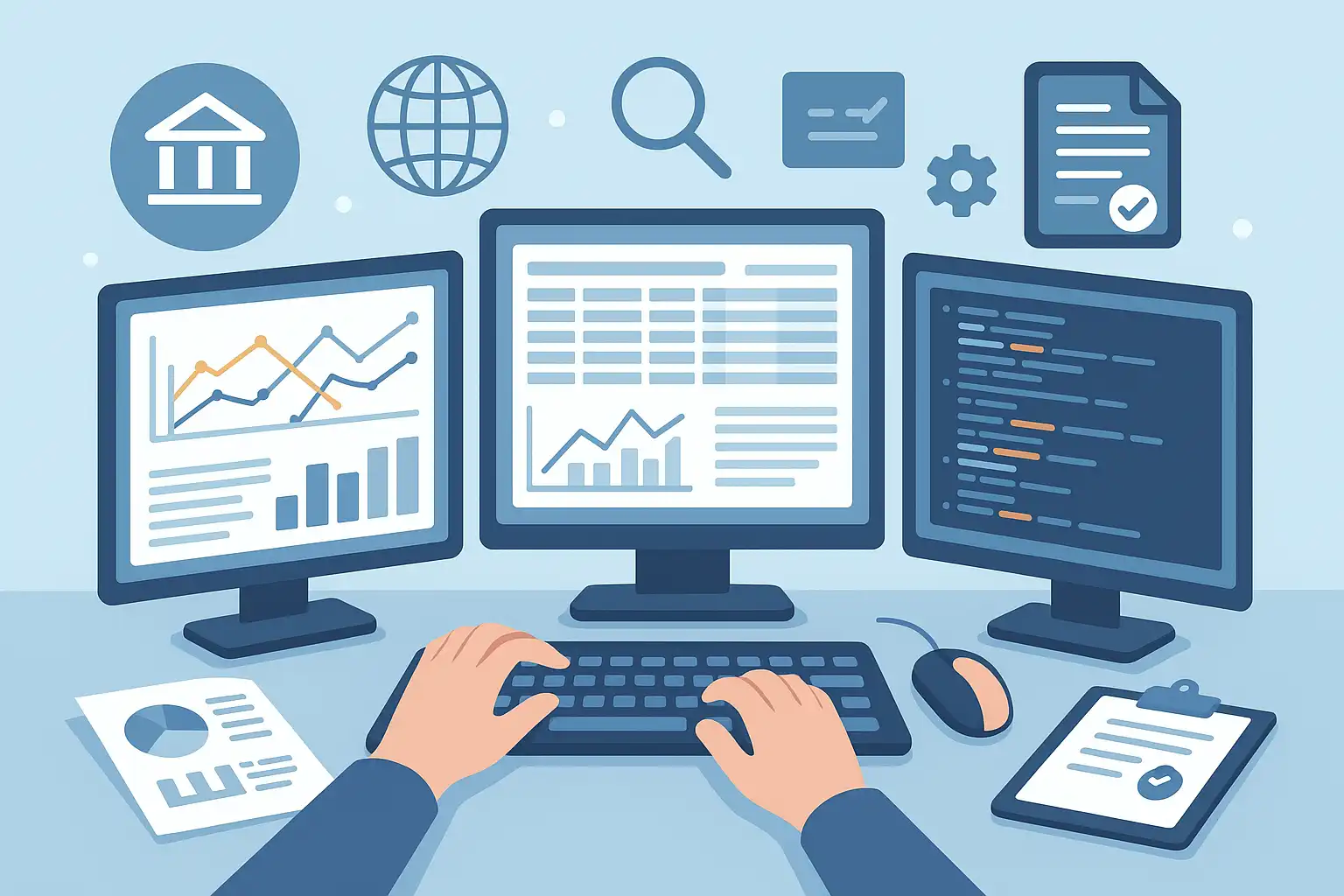Image Classification Solutions for Accurate Vision AI
Image classification solutions are vital for developing accurate vision AI systems across industries such as healthcare, automotive, retail, and manufacturing. These solutions leverage advanced models like Convolutional Neural Networks (CNNs) and Vision Transformers (ViTs) to analyze images, detect objects, and enable real-time decision-making. Effective image classification depends on high-quality data preprocessing, including resizing, normalization, and augmentation, as well as model training techniques like transfer learning and hyperparameter tuning. Key challenges include limited labeled data, privacy concerns, and balancing model complexity with deployment constraints, especially on edge devices. Best practices emphasize clean, diverse datasets, continuous model monitoring, and regular updates to maintain accuracy. Current trends focus on self-supervised learning, edge computing, and explainable AI to enhance performance and trustworthiness. Popular tools and platforms like TensorFlow, PyTorch, Google Cloud Vision, and OpenCV support rapid development and deployment. Ultimately, customized AI development and expert consultation can accelerate innovation and ensure tailored solutions for specific industry needs, delivering improved efficiency, safety, and insights through precise image classification.










